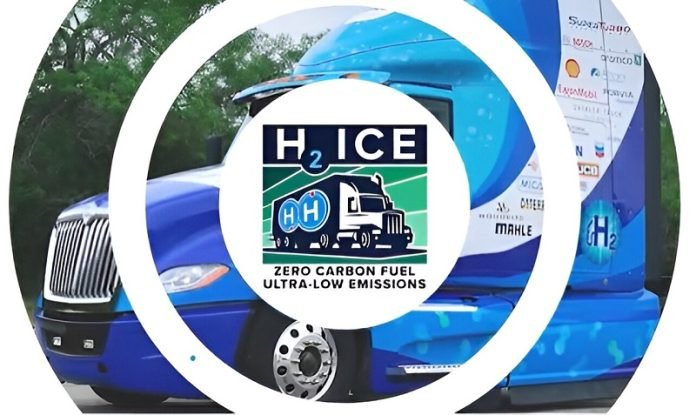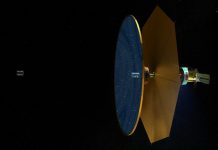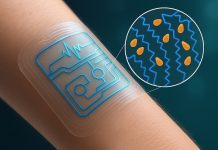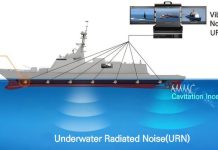
Southwest Research Institute (SwRI) has developed a new hydrogen-powered heavy-duty truck that emits ultra-low levels of pollutants.
This achievement is part of the H2-ICE consortium, a group of industry leaders working together to create sustainable transportation solutions.
The new truck uses a Hydrogen Internal Combustion Engine (H2-ICE) that significantly reduces nitrogen oxide (NOx) and carbon dioxide (CO2) emissions while still providing the power needed for heavy-duty applications.
The H2-ICE consortium was launched in November 2022, bringing together experts from engine and truck manufacturers, fuel and lubricant providers, and other key suppliers.
Their goal was to show that hydrogen-powered engines can be a valuable addition to the range of zero-emission vehicle technologies being developed to reduce the transportation industry’s carbon footprint.
One of the main challenges was to achieve ultra-low NOx emissions while maintaining low CO2 emissions, which is expected with hydrogen fuel.
Despite a tight 18-month timeline, the SwRI team aimed to meet California’s strict Ultra-Low NOx standards of 0.02 grams per horsepower-hour (g/hp-hr). Ryan Williams, the project manager, emphasized that meeting this ambitious goal required careful planning and coordination among all team members.
SwRI converted a natural gas engine, provided by Cummins, to run on hydrogen.
This involved using custom parts and prototype components from various consortium members. The result is a truck with a 370-horsepower engine that produces 2,025 Newton-meters of torque, ideal for heavy-duty trucking.
The engine is over 40% efficient, with a peak efficiency of 43%. Remarkably, the exhaust contains only trace amounts of carbon emissions, about 1.5 g/hp-hr.
To further reduce emissions, SwRI developed a new aftertreatment system specifically designed for hydrogen exhaust.
This system, combined with the H2-ICE engine’s already low emissions, reduces NOx emissions to just 0.008 g/hp-hr, well below the 2027 EPA limit of 0.035 g/hp-hr. Chris Sharp, the engineer leading this effort, highlighted that the NOx emissions are as low as or lower than the best results from previous low-NOx diesel projects.
The demonstration vehicle was showcased at the 2024 ACT Expo in Las Vegas, where it was displayed alongside other cutting-edge low-carbon and zero-emission technologies. It will also be featured at the California Hydrogen Leadership Summit in Sacramento on June 16-17.
This hydrogen-powered truck represents a significant advancement in the quest for cleaner transportation.
By demonstrating that hydrogen engines can achieve ultra-low emissions without sacrificing performance, the H2-ICE consortium has made an important contribution to the future of sustainable mobility.



